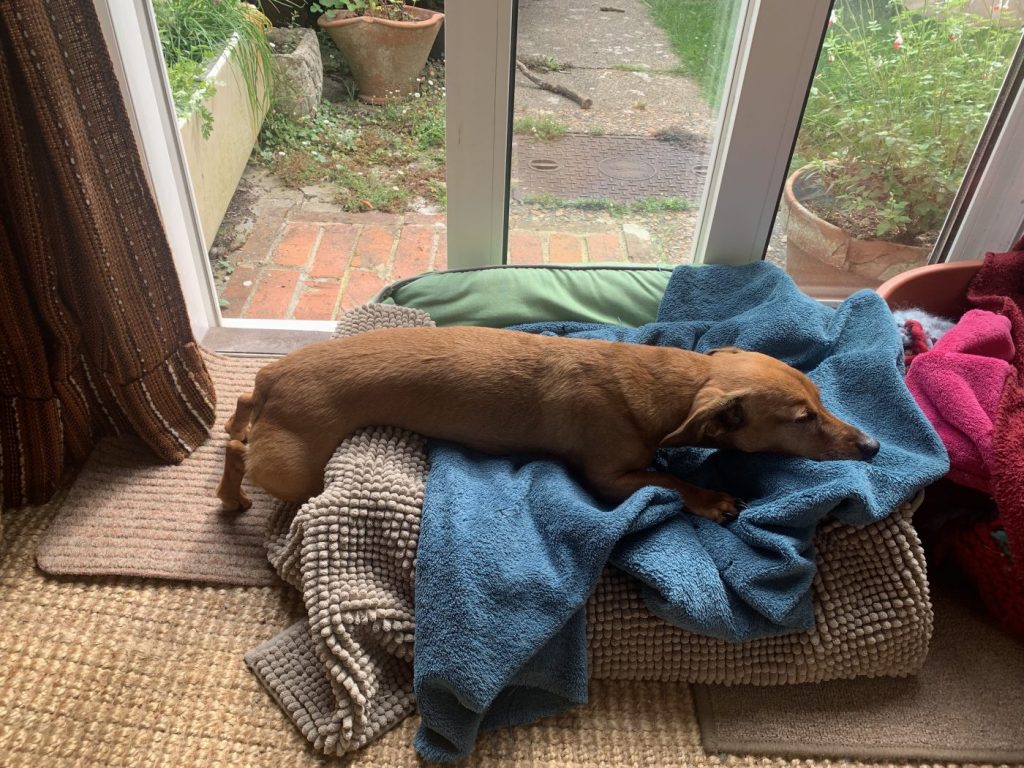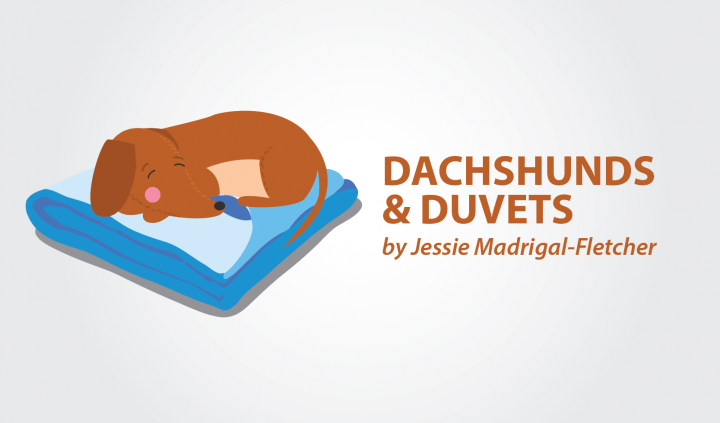As I type out this column, I’m horizontal — on my back. I’m not in this position by choice, but because of a three-day flare-up. I’m suffering through some surprise bleeding, a severe case of brain fog, and severe pain. It’s just another day in my endo-life.
I hate to admit it, but I am at my worst when I’m horizontal. Depressive thoughts hit me really quickly, and I become upset at the smallest things, whether it’s the lack of Maltesers in the freezer or a bad hair day. Because I lose my patience so quickly, I isolate myself, and that contributes to my low mood. You see, it’s not so much a vicious circle as a downward spiral. I become my worst enemy when I lie low and — dare I say it? — practice self-care.
One quick glance at social media these days, and you’d think I’m the only one questioning self-care — #selfcare is trending everywhere. I strongly believe that it is necessary to recognize our limits and care for our health.
However, sometimes this trendy concept becomes my undoing.
Take food, for example. I’d like to say I make good dietary choices when I’m down, considering my health and choosing only nourishing foods. Yet, more often than not, I’ll have ice cream or the love of my life, pizza. In the name of self-care, do I deny myself a good dollop of comfort food? Nope. I happily eat anything that will result in bloating or further pain.
Oversleeping is another of my bad habits. Sleeping whenever your eyes feel heavy is a good rule of thumb when you live with chronic fatigue, as many endometriosis patients do. But the more I remain in bed, the foggier my brain gets, the more useless I feel, and the harder it is to get up.
In some of us with a certain predisposition, self-care can trigger the behaviors we despise the most. I hate becoming a sloth, but that’s what I turn into when I’m encouraged to indulge in a “duvet day.”
Sometimes, even the label “Spoonie” is like a patch I stick onto my T-shirt as soon as things feel harder than usual. I don’t like that feeling. It doesn’t feel like self-care, it feels like surrender, like “Why even bother?”

Yet, not all self-care is bad for me.
Reading has become a tool for nourishment and recovery that I reach for almost daily. As soon as I struggle with focus or feel fatigue kicking in, I grab a book. It keeps me curious and interested, and if I’m interested in a story, I’m interested in life.
Re-watching favorite films is another very positive form of self-care, especially since I have a renewed interest in film-making. Whether it’s a cult ’80s film (“The Legend Of Billie Jean“) or the one that’s probably only redeemable because of the soundtrack and Emily Blunt (“The Devil Wears Prada“), watching something I know I’ll enjoy is uplifting. There’s only one rule: no binge-watching. It’s one movie, and then something completely different, away from the TV.
Self-care is not a one-size-fits-all cure. It’s not even a cure. It’s a good idea, but in practice, it needs to fit the person at the center of it. If I become a lump of tears, drowning in self-pity, the strategy isn’t working. It’s not about enabling our worst habits, and it’s definitely not about justifying “treats” or practices that are not healthy.
Not everything that is labeled self-care is good for us, and it’s OK to recognize that.
Are there self-care habits that seem to work for everyone else, just not for you?
***
Note: Endometriosis News is strictly a news and information website about the disease. It does not provide medical advice, diagnosis, or treatment. This content is not intended to be a substitute for professional medical advice, diagnosis, or treatment. Always seek the advice of your physician or other qualified health provider with any questions you may have regarding a medical condition. Never disregard professional medical advice or delay in seeking it because of something you have read on this website. The opinions expressed in this column are not those of Endometriosis News or its parent company, BioNews Services, and are intended to spark discussion about issues pertaining to endometriosis.

